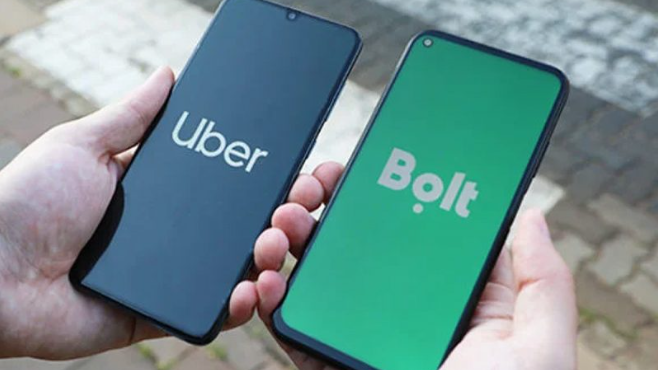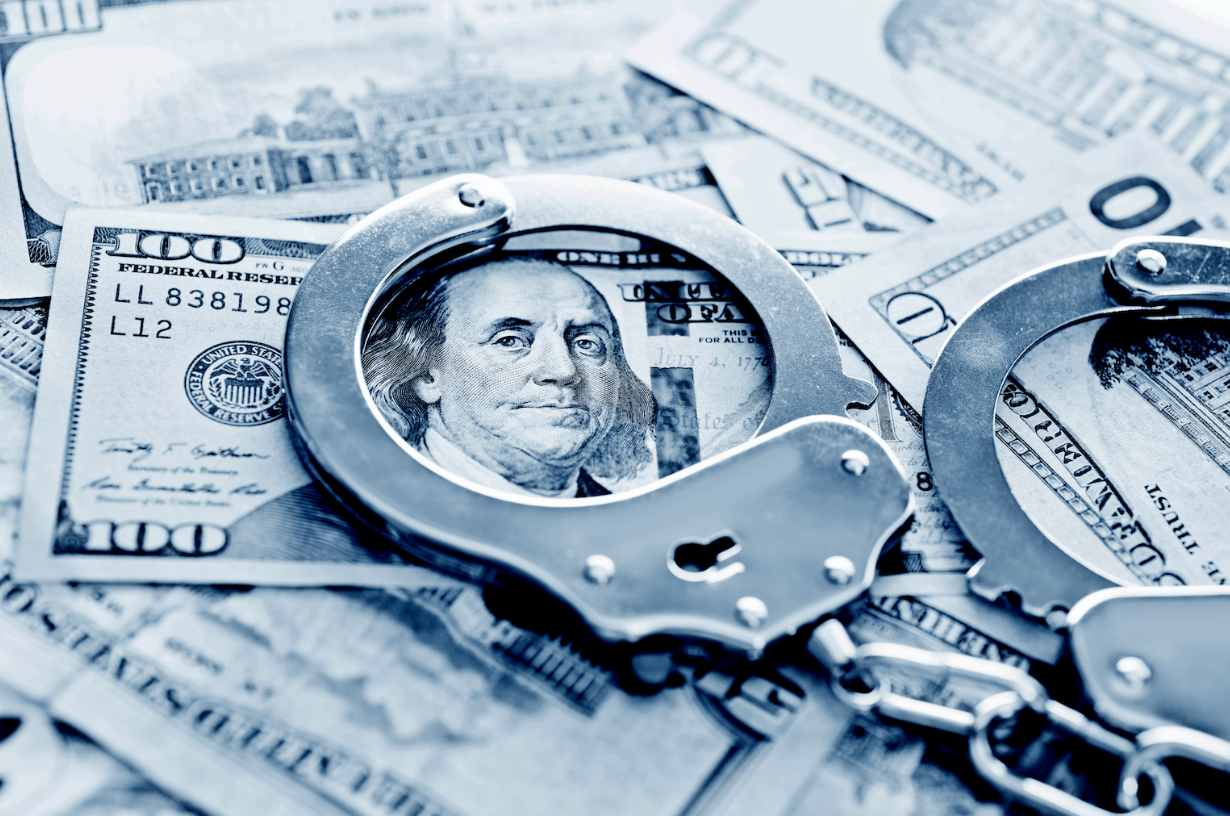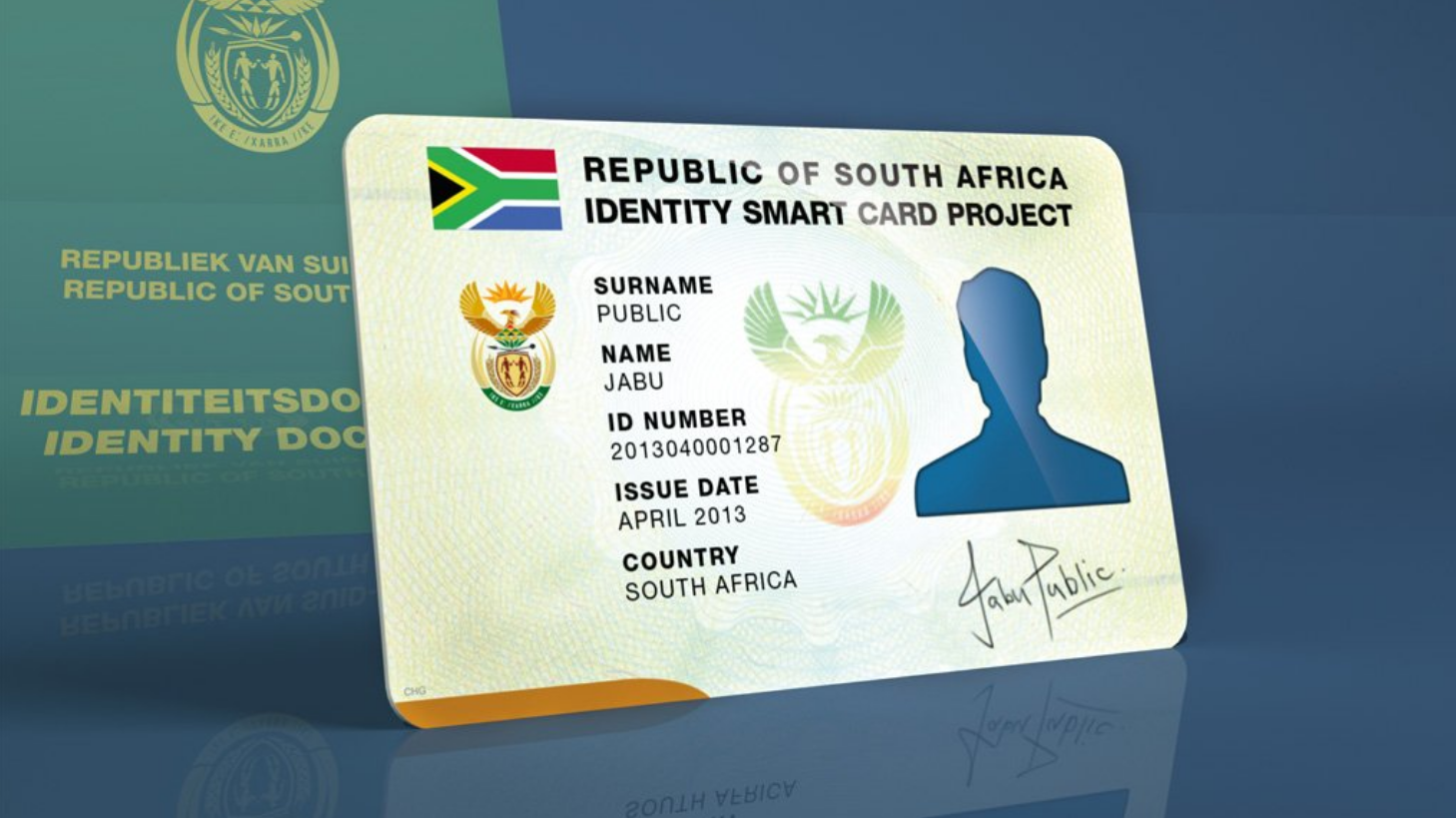By Aisha Zardad
South Africa: South Africa’s e-hailing drivers are set to enter a new era. From Friday, drivers for Uber, Bolt, and InDrive will, for the first time, receive official operating licences, following public outrage over the murder of Siyanda Mvelase.
The change comes under the National Land Transport Amendment Act (NLTA), signed into law by President Cyril Ramaphosa in 2024 and set to be gazetted this week.
The Department of Transport says the new framework aims to regulate the fast-growing e-hailing sector, improve safety, and ease tensions with traditional taxi operators.
Until now, e-hailing drivers relied on charter permits or metered taxi licences—documents never intended for app-based transport. This left many vulnerable to fines, harassment, and conflicts with other operators.
Department of Transport spokesperson Collen Msibi said the new licences will eliminate that uncertainty.
“We are formalising e-hailing as its own category. Drivers will have proper operating licences, apps must be registered, and clear safety standards will apply. This gives structure to an industry that has been operating in limbo,” he said.
Key requirements under the NLTA include:
Operating licences: Specific to each service and geographic area.
Professional Driving Permit (PDP): Valid PDP and background checks required.
Safety features: Panic buttons for drivers and passengers in every vehicle.
Clear identification: Cars must display branding or decals.
App accountability: Platforms must register with regulators or face penalties.
Strict enforcement: Illegal operators risk fines up to R100,000 or two years in prison.
“We know passengers and drivers alike have faced serious risks. Panic buttons and stricter oversight are about ensuring that no one feels unprotected on our roads,” Msibi added.
“This Licence Gives Us Dignity”
For drivers, the law represents recognition, not just paperwork. Bruce Ncube, a Bolt driver in Johannesburg since 2019, welcomed the announcement.
“We’ve been working in the shadows, treated like we’re illegal even though we provide a service people rely on. This licence gives us dignity. At least we’ll have something official to show. And the panic button makes me feel safer—I’ve been attacked before while driving at night,” he said.
Speaking to one of the Drivers, Bruce Ncube said many drivers have faced hijackings, robberies, and intimidation from traditional taxi operators, often compounded by inconsistent law enforcement across provinces.
The e-hailing industry has expanded rapidly, offering affordable rides and flexible jobs, but disputes with minibus and metered taxi sectors have occasionally turned violent.
Experts say the NLTA could ease tensions by giving e-hailing a clear legal identity while enabling authorities to better monitor drivers and platform compliance.
While licences take effect this Friday, implementation will roll out gradually as provinces process applications and platforms align with regulations. For drivers, however, the recognition is immediate.
“We just want to work without fear. If this law can give us that, it’s a big step forward—for drivers and for passengers,” Ncube said.







